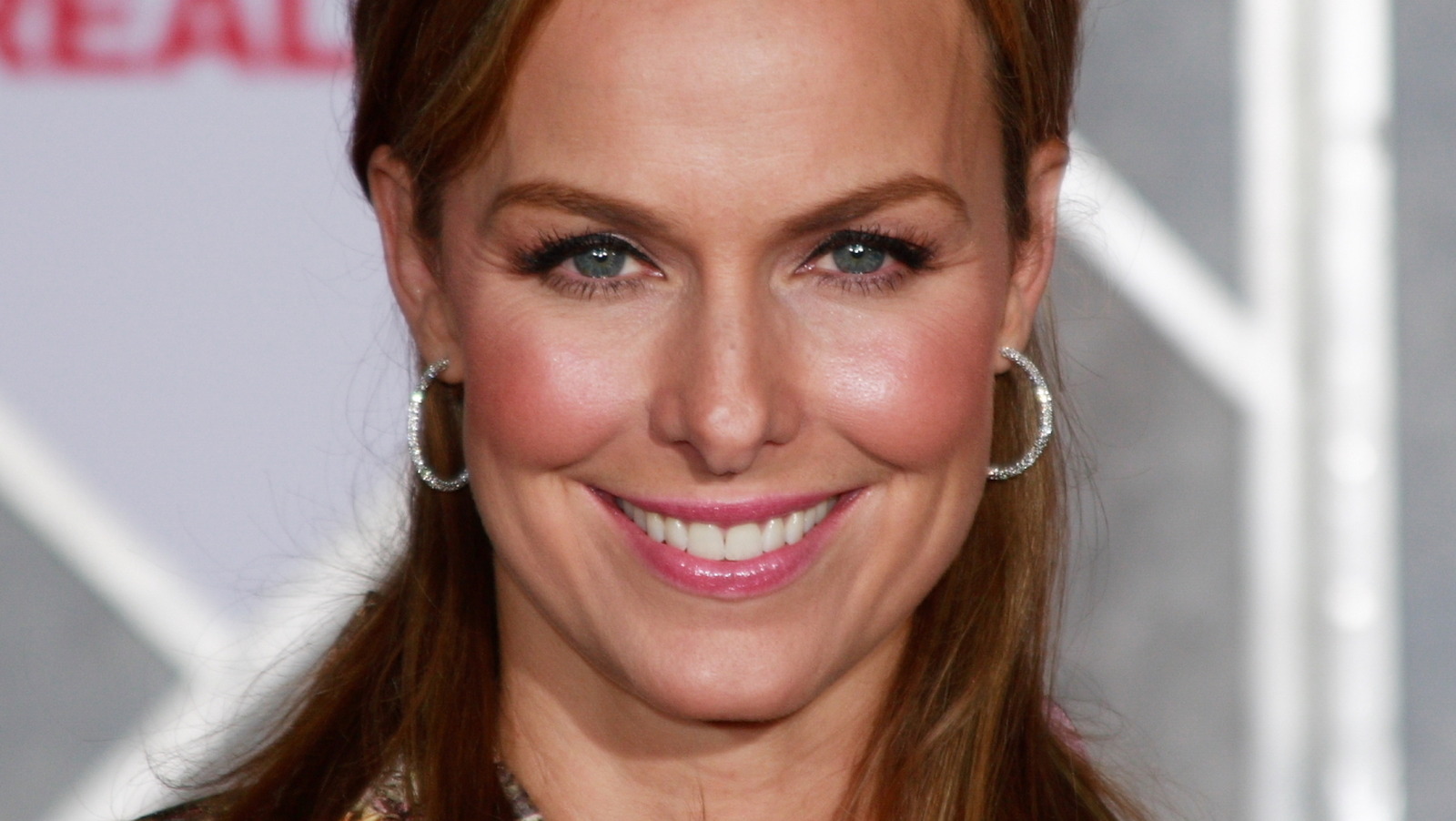Jan 19 Zodiac - Unpacking The First Month's Significance
For anyone curious about the specific date of January 19, particularly as it relates to the zodiac, it is interesting to consider what the "Jan" part of that date actually means. Many people see dates on calendars or in written schedules, and perhaps they come across abbreviations like "Jan," "Feb," or "Mar." These shorter forms are, in fact, just ways we commonly refer to the twelve parts of our year, making it easier to jot things down or quickly understand when something is happening. So, when you see "Jan 19," you are, quite simply, looking at the nineteenth day of the first month.
The use of these shortened names for the months, like "Jan" for January, is a very common practice in our everyday communications. It helps us keep things brief and clear, whether we are making a note for ourselves or sharing information with others. This system of abbreviations, you know, really streamlines how we talk about time, allowing for a quick glance to tell us exactly which part of the year we are discussing. It is, in some respects, a neat little trick for keeping our schedules and plans organized without having to write out the whole word every single time.
When we talk about "Jan 19," we are, of course, talking about a specific day within January. This particular day, like any other, holds its own place on the calendar. The way we refer to it, using "Jan" as a shorthand, comes from a long history of how we have kept track of time and named the months. It is, basically, a practical approach to marking out the year's progression, allowing us to pinpoint moments like the nineteenth day of January with ease and a little bit of historical echo, too it's almost.
What Does 'Jan' Mean for Jan 19 Zodiac?
The Roots of January and Jan 19 Zodiac
How Do We Use These Month Shortenings in Our Daily Lives?
What About the Other Months Beyond Jan 19 Zodiac?
Why Is January the First Month Related to Jan 19 Zodiac?
The Symbolism of Janus and the Jan 19 Zodiac
Exploring the Convenience of Month Shortenings for Jan 19 Zodiac
What Does 'Jan' Mean for Jan 19 Zodiac?
So, when we see "Jan" in the context of "Jan 19 zodiac," the "Jan" part is a simple way to refer to January, which is the very first month of the year. This abbreviation is quite common, used widely in calendars, personal planners, and all sorts of written materials where space might be a little tight or quick recognition is needed. It helps us understand that we are talking about the beginning of the year, a time when things often feel new and full of possibility. The short form, "Jan," is, you know, a quick nod to the full name, January, making it quite clear what time period is being discussed.
The full word, January, stands for the month that helps us cross over from one year into the next. It is a period that seems to hold both the end of what was and the start of what is to come. For someone whose birthday falls on Jan 19, this means their special day is positioned well into this first month, a time that, in a way, carries the fresh energy of a new cycle. The meaning of "Jan" itself, then, is tied to this idea of beginnings and transitions, which is, actually, a pretty neat thought for any date within that time.
People often use "Jan" when they are writing dates or making plans, as it is a quick and easy way to get the message across without having to spell out the entire word. It is a practical tool in our everyday communication, allowing us to mark specific moments, like the nineteenth day of January, with ease. This small abbreviation, "Jan," carries a lot of meaning, pointing us directly to the start of the year, a period that, for many, is about looking ahead and setting new intentions. It is, basically, a very efficient way to talk about the first part of our annual cycle.
The Roots of January and Jan 19 Zodiac
The name "January" itself has a fascinating background, reaching back to ancient Roman stories. It comes from a Roman guardian spirit named Janus. This particular spirit was often shown with two faces, which is, you know, a pretty unique image. One face looked ahead, seemingly gazing into the future, while the other looked back, as if thinking about the past. This imagery is quite fitting for January, as it is the month that bridges the old year and the new one. So, when we talk about "Jan 19," we are, in a way, referencing a day that falls within this historically rich and symbolically significant month.
The choice of Janus's name for the first month was, apparently, quite deliberate. People thought that picking his name for the time when the old year ends and the new one begins made a lot of sense. It speaks to the idea of reflection and looking forward, which is a common theme for this time of year. This historical connection gives the month of January, and by extension, dates like Jan 19, a bit of extra depth. It is, basically, a reminder that even our calendar names have stories behind them, linking us to older traditions and beliefs.
Understanding where the name "January" comes from adds a layer of appreciation to something we often take for granted. It is not just a random name; it carries the weight of ancient Roman thought about time and transitions. This background means that when we talk about a date like Jan 19, we are, in a way, touching upon a concept that has been around for a very long time, linking the present moment to a rich historical past. It is, you know, a simple abbreviation that holds quite a bit of history within its short form.
How Do We Use These Month Shortenings in Our Daily Lives?
We see these month shortenings, like "Jan," "Feb," "Mar," and "Apr," everywhere in our everyday routines. They are a common sight on calendars, helping us quickly see the month without having to read the full word. When you are making plans or setting up a schedule, using these brief forms is a very convenient way to jot things down. For instance, if you are marking something for Jan 19, simply writing "Jan" is much quicker than writing "January," saving you a little bit of time and effort. It is, basically, a simple but very effective tool for keeping our lives organized.
These abbreviations also appear on official documents, in news articles, and even in digital interfaces. They are a universal shorthand for dates, making it easier for people to understand information quickly, no matter where they are. Imagine trying to read a calendar where every single month was written out in full; it would take up a lot more space and perhaps be a bit less clear at a quick glance. So, these short forms, you know, really help in making information more accessible and less cluttered, especially for something like pinpointing a day such as Jan 19.
The simplicity of these month shortenings means they are easy to learn and remember, which helps in their widespread use. From school assignments to business appointments, they provide a consistent way to refer to specific periods of the year. It is, actually, quite clever how such a small change in wording can make such a big difference in how we handle dates. When you consider a date like Jan 19, the "Jan" part is just one small example of how these practical abbreviations work to make our lives a little bit smoother.
What About the Other Months Beyond Jan 19 Zodiac?
While we are talking about "Jan" and its meaning for dates like Jan 19, it is worth remembering that all the months of the year have their own short forms, too it's almost. After January, we have February, which becomes "Feb." Then comes March, shortened to "Mar," and April, which is "Apr." May and June are often used in their full form or sometimes shortened to "May" and "Jun" respectively. These are all part of the same system that helps us talk about time in a quick and easy way. It is, basically, a consistent approach across the entire year.
Moving through the year, July is "Jul," August is "Aug," and September is "Sept." October becomes "Oct," November is "Nov," and finally, December is "Dec." Each of these abbreviations serves the same purpose as "Jan"—to provide a compact way to refer to a specific part of the year. This uniform system makes it very simple to read calendars or understand schedules, no matter which month is being discussed. It is, you know, a very practical way to keep things clear and concise for any date, not just Jan 19.
Learning these month abbreviations is something many of us do quite early, as they are such a fundamental part of how we interact with dates and time. They are found everywhere, from digital displays on our phones to the printed pages of a desk calendar. The consistency of these shortenings means that once you know one, like "Jan," you can pretty much guess the pattern for the others. It is, in a way, a little bit of linguistic efficiency that makes a big difference in how we manage our daily lives.
Why Is January the First Month Related to Jan 19 Zodiac?
The fact that January is the first month of our modern calendar, and thus the home of Jan 19, is a result of historical decisions that date back a very long time. It was not always the first month in every calendar system, but over time, particularly with the adoption of the Julian and then Gregorian calendars, January became established as the starting point of the year. This placement gives it a special significance, marking the official beginning of a new annual cycle. It is, in some respects, a foundational point for how we organize our time.
This position as the first month is, you know, quite symbolic. It is a time for new beginnings, for making plans, and for looking forward. The idea of a "fresh start" is very much connected to January, and by extension, to any date within it, like Jan 19. This cultural association with newness adds a certain feel to the month, making it a period where many people reflect on what they want to achieve in the coming twelve months. It is, basically, a time filled with a sense of possibility and renewal.
The placement of January at the head of the year influences how we perceive time and plan our activities. It sets the tone for the entire year that follows. So, when we talk about Jan 19, we are talking about a day that falls within this very significant opening chapter of the year. This makes the "Jan" part of "Jan 19" more than just a simple abbreviation; it is a pointer to the start of a new annual journey. It is, actually, a very interesting way to frame the beginning of our yearly calendar.
The Symbolism of Janus and the Jan 19 Zodiac
The Roman spirit Janus, from whom January gets its name, carries a rich symbolism that is very much connected to the idea of transitions and doorways. His two faces, looking in opposite directions, represent the act of looking back at what has passed and looking forward to what is yet to come. This is a very powerful image for the beginning of a new year, which is, you know, exactly what January represents. For a date like Jan 19, this symbolism suggests a moment that is part of this larger period of reflection and anticipation.
This idea of "duality" or "two-sidedness" is quite fitting for the start of a new cycle. It acknowledges that we carry lessons from the past into our future endeavors. The connection to Janus means that the month of January, and any day within it, like Jan 19, is, in a way, imbued with this sense of moving from one state to another. It is, basically, a reminder that endings and beginnings are often intertwined, and that looking both ways can provide valuable perspective as we step into a new period.
The historical link to Janus means that the very name of the month carries a deep meaning about change and progression. It is not just a label; it is a concept. So, when we mention Jan 19, we are, in some respects, tapping into this ancient understanding of time as a continuous flow, where each moment builds upon the last while also opening up to new possibilities. It is, actually, a fascinating piece of history that helps us appreciate the origins of our calendar.
Exploring the Convenience of Month Shortenings for Jan 19 Zodiac
The convenience of using shortened month names, such as "Jan" for January, is something we often take for granted in our fast-paced lives. These brief forms allow for quick communication and easy record-keeping, which is, you know, incredibly helpful. Whether you are writing a birthday card for someone born on Jan 19 or marking an important appointment, the ability to use "Jan" instead of the full word saves time and space. It is, basically, a small but very effective design choice in our language.
This practice of shortening words is common in many areas of life, but for months, it is particularly useful because dates are something we deal with every single day. The consistent application of these three-letter (or sometimes four-letter) abbreviations makes them instantly recognizable. So, when you see "Jan 19," your mind quickly processes it as the nineteenth day of the first month, without any hesitation. It is, actually, a very efficient system that works quite well for everyone.
The widespread acceptance of these abbreviations means that they are understood across different contexts and by many people. This shared understanding makes communication about dates smooth and clear. From simple notes to formal documents, these short forms play a very important role in how we manage our time and share information about specific moments, like a birthday on Jan 19. It is, in a way, a testament to how practical language solutions can simplify our daily interactions.
To sum up, the phrase "Jan 19 zodiac" refers to the nineteenth day of January, which is the first month of our year. The "Jan" part is simply a common abbreviation for January, a name that comes from the Roman spirit Janus, who had two faces looking to the past and future. This historical connection makes January a month of new beginnings and transitions. All the months, from February ("Feb") to December ("Dec"), also have similar short forms that help us easily manage dates on calendars and in our daily plans. These abbreviations are a very practical way to talk about specific times, making our communication about dates, like Jan 19, quite straightforward and efficient.
- Sabrina Carpenter Childhood
- Neighbour Andy
- Male Actors With Brown Eyes
- Julia Louis Dreyfus Family
- What Is The Movie Project X Based On

The Disturbing Jan Theory That Would Change Everything About The Office

Job Accommodation Network Publications

En redes sociales remueven el pasado de Jan Topic, quien desea ser